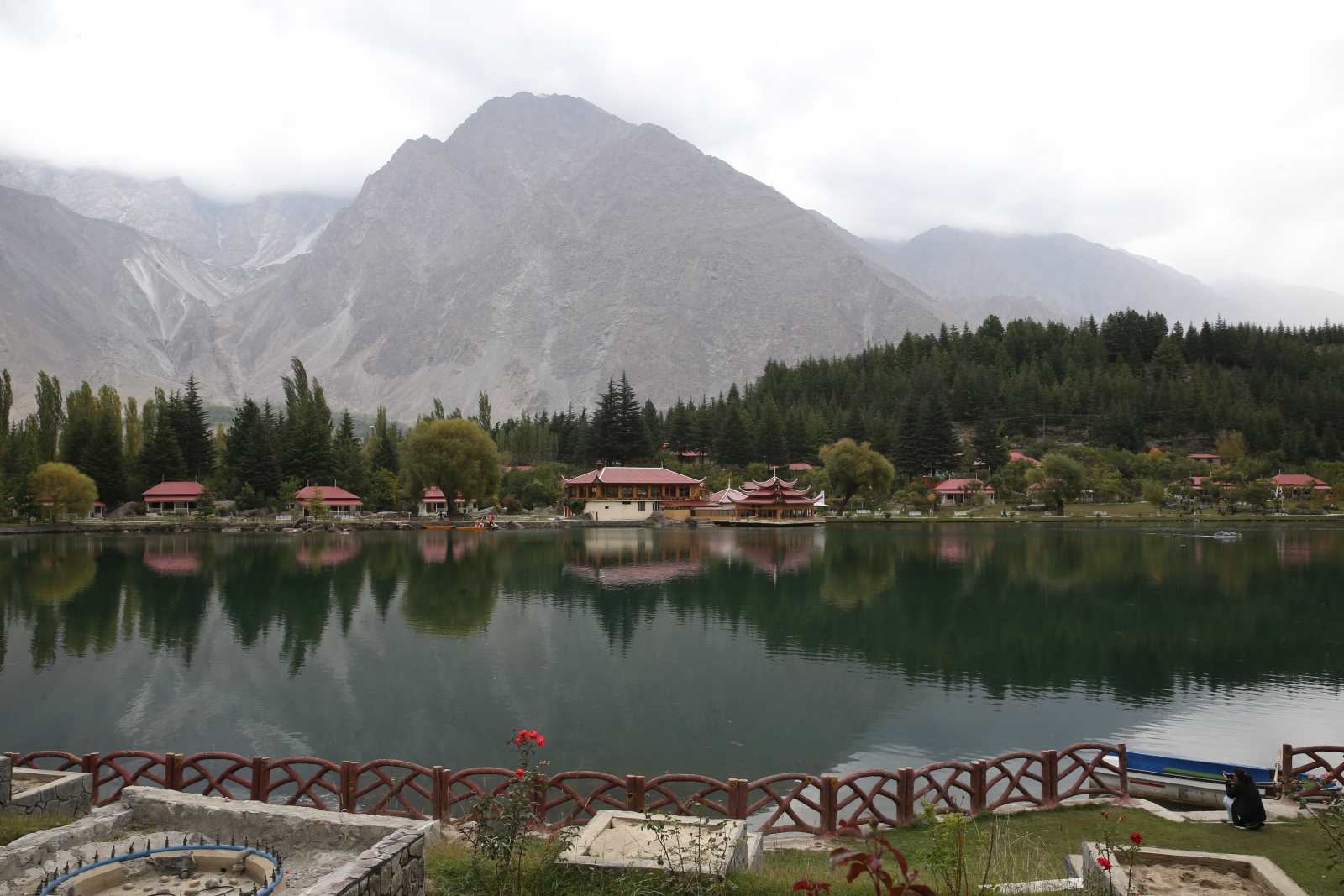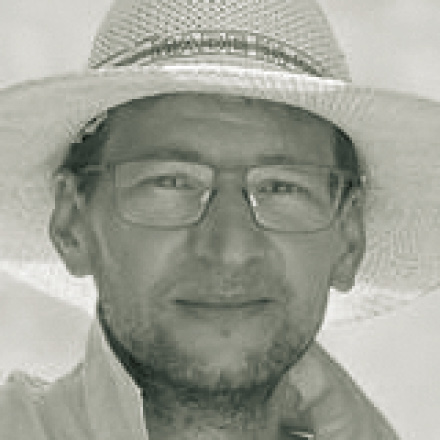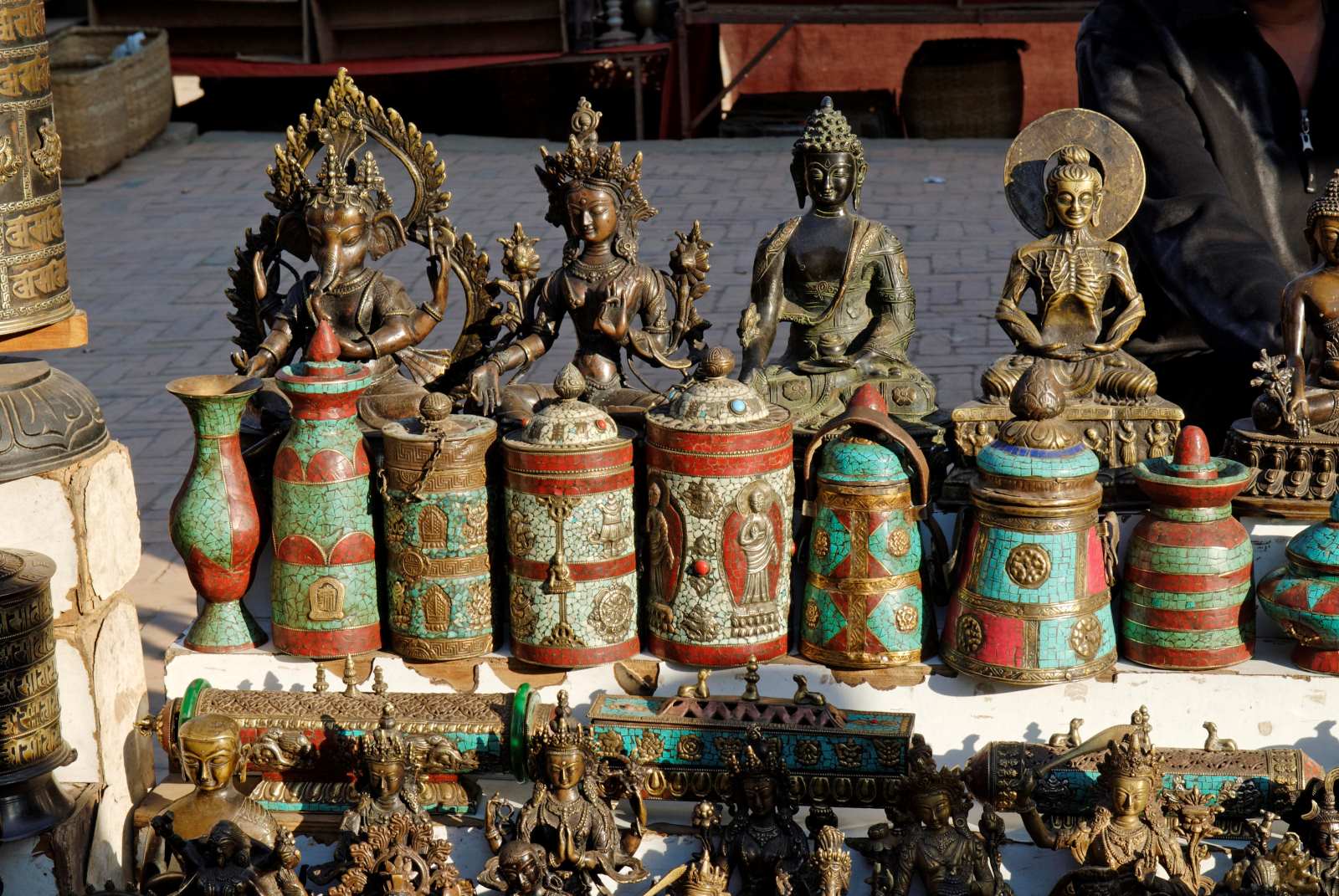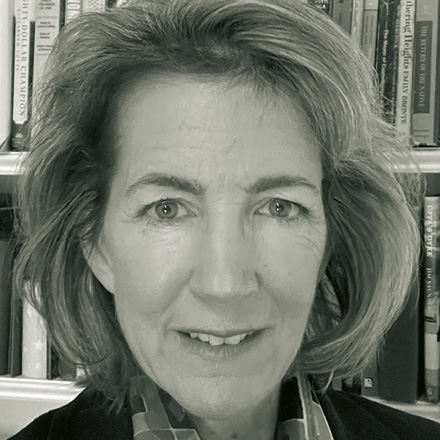Urban development
Learning from one another
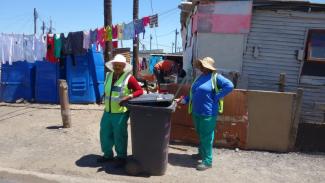
The project “Learning From One Another – For a Sustainable City!” was launched at the beginning of 2015 and is funded by Engagement Global. After a preparatory meeting in Cape Town, the project leaders agreed to reciprocal visits. The idea is to compare working practices, sustainability strategies and the statutory frameworks in which the two cities fulfil their duties.
An employee of Cape Town Municipal Authority first spent a week with AWA Entsorgung, the municipal company in charge of waste management for the Aachen region. She got to know every aspect of AWA operations. She inspected facilities, including a waste incinerator, a bio-waste fermentation plant, recycling centres and landfills. She was told about various waste collection systems and fees. She also gained an understanding of the legal framework. Especially relevant for Cape Town was the work of Aachen’s waste advice service, which uses various methods and channels to inform citizens about avoiding, separating and recycling waste.
In Cape Town, on the other hand, two AWA employees similarly inspected facilities and collection points. The tour programme included lectures and discussions on waste management in the metropolis of 4 million people.
Due to considerable structural and social differences, the German and South African waste managers face rather different challenges. Unlike Aachen, for example, Cape Town cannot pass a bylaw to make reliance on municipal waste-disposal services compulsory. Accordingly, waste management is difficult to finance. Cape Town is still developing recycling systems with stable fee structures as are in place in Germany. Waste producers and collectors bring recyclable material to recycling points, where they are paid.
Another major difference is that waste management is highly mechanised in Germany. In Cape Town, in contrast, waste management is intentionally organised as a labour-intensive industry. Employment and social inclusion are priorities. The sorting facilities allow unskilled workers to acquire some basic skills. Sorting centres in the South African city actually do more intensive sorting than the German ones, and they pass on useable materials to recycling companies.
Landfills and recycling
Urban waste in Cape Town is landfilled; waste incineration is prohibited by law. The Visserhok landfill is one of the city’s major disposal facilities. It has a multi-barrier system with subdivided storage areas, entry control and documentation of stored waste. In these regards, it meets the same standards as German landfills. However, it does not collect and recycle gas. Moreover, there are land disputes because settlements are quickly rising up in the area.
As landfill space is becoming scarce, Cape Town is taking measures to reduce the volume of residual waste. The most important options are waste reduction and avoidance programmes, higher recycling rates for paper, glass, metal and plastics as well as the composting of green waste (for examples of innovative projects see box).
Cape Town has 20 recycling centres. Most of them are run by private-sector companies on behalf of the municipality. At the centres, citizens can hand in separated waste free of charge. In some cases, recycling firms do the separating. The standard and degree of sorting are remarkable. Plastic bottles, for example, are sorted by colour. The better the sorting process is, the higher the value of the recovered material.
Waste separation projects are also in place in some informal settlements. Due to high building density, vehicles can often not be used, so individual residents are paid to collect waste and recyclable material.
Swop shops have been quite successful. Private individuals collect plastics (bottles, sheeting, buckets, garden chairs et cetera). When they hand them in at a swop shop, they get tokens that they can exchange for food and everyday items. The swop shops sort and package the plastic waste and sell it on to recycling firms. The income generated is used to purchase the goods for which the tokens are exchanged.
These initiatives ensure that waste is duly collected even in difficult areas. Sorting reduces the volume of waste that needs to be landfilled. At the same time, it creates income opportunities.
Awareness raising also matters in Cape Town. The goal is to educate people about appropriate waste avoidance, separation and disposal. A team of employees is developing and implementing programmes for schools, universities and other target groups.
Both sides find the exchange programme useful in terms of ideas for their own work, and many projects that were considered could serve both cities. The Cape Towners, for example, plan to pay more attention to recycled goods in municipal procurement. Moreover, they will check whether Aachen’s temporary collection systems, which include green waste containers and mobile collection services for hazardous waste, can be copied. Aachen, for its part, plans to adopt waste education initiatives and ideas such as papermaking and upcycling projects. Joint workshops are planned. Cape Town, moreover, is interested in adapting Aachen’s mobile advice service. The municipal exchange programme will therefore continue in a second phase.
Regina Brück heads the waste consulting department at AWA Entsorgung GmbH.
info@awa-gmbh.de
Hermann-Josef Ostlender manages the customer service at AWA Entsorgung GmbH.
Mona Plate supports the project “Learning From One Another – For a Sustainable City!” for the city of Aachen.
mona_plate@web.de
Gabriele Schütz-Lembach is responsible for the project at the city of Aachen.
